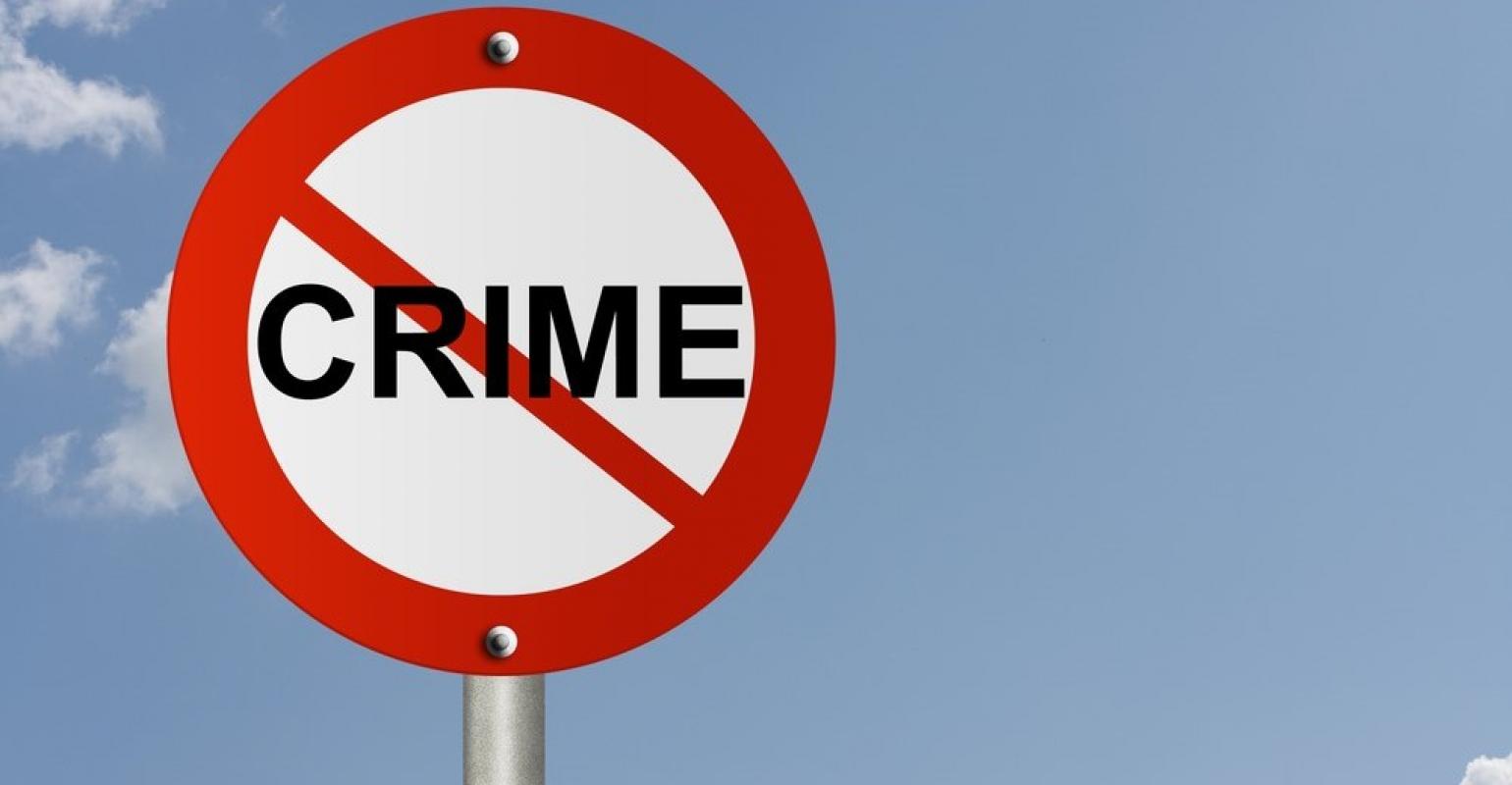More than One-quarter of all Americans met the criteria for having a mental illness problem within the past year, and fully over a quarter of those had a “serious” disorder that significantly disrupted their ability to function day to day, according to the largest and most detailed survey of the nation’s mental health, published in 2007. Mental illness is a growing problem throughout the world.
Numerous law enforcement agencies are often called to check out a report on somebody with a possible psychosis or other symptoms of mental behavior.
Most calls are responded to by local police officers. When responding to a call, the officer must examine the persons actions and try to find out any known history of the subject they are dealing with.
Several questions must be answered first. Most important, does it appear that I need an immediate back-up or other assistance? Is the subject acting out violently? Does the person appear threatening in his or her actions and behavior? Has the person made any verbal threats toward self, family, friends, police or anyone else? Is there a weapon on the person or in the residence?
These are just a few questions that must be answered before the police officer can take any actions in finding help for someone diagnosed having a mental illness. The main thing to remember here is to handcuff the suspect or person for your own safety and to conduct any interview with the person while they are seated in your cruisers back seat. This procedure will keep the subject from moving around on you, or keep them from running away from you and so forth.
Remember that all people with mental problems are not necessarily going to act out their ill behavior and may appear to be normal as anyone else. People with mental problems can be cunning and still know what is going on around them, never insult or underestimate their intelligence.
Some of the most common symptoms that may be present when investigating a report about somebody are the following;
- Schizophrenia – People diagnosed with schizophrenia usually experience a combination of positive signs ( hallucinations, delusions, racing thoughts), negative signs (apathy, lack of emotion, poor or non existent social functioning), and cognitive signs (disorganized thoughts, difficulty concentrating and /or following instructions, difficulty completing tasks, memory problems). However, only a psychiatrist can make a diagnosis and start a treatment program.
Anxiety
Depression
Hearing voices
Seeing visions
Hallucinations, or acting them out
Thoughts of grand dour
Paranoia
Suicidal thoughts
May be intoxicated or under the influence of drugs or other heavy prescription drugs
Delusions
Memory problems
Inability in completing tasks
Isolation from others
Anger or temper flares without any apparent reason
Extreme mood changes
These are just a few of the most common symptoms a person may have when dealing with them. In every scenario, the officer must be alert for unpredictable behavior or potential violence. Some points to remember when making contact with a person with potential mental problems.
- Try to find out as much history or information you can about the person you are dealing with.
- Attempt to contact family members or friends.
- Appear calm and friendly
- Talk calmly and softly
- Most people are afraid
- Try not to make any quick moves
- Try not to make too much eye contact
- Ask them their name
- Ask them if they want help
- Never lie to the person
Ask the subject if they can help you in doing your job .
(Example) “sir, could you help me out here by turning around and sticking your arms out for me, I have to do this, I have to handcuff you because my agency requires it and hope that you understand”. Make the person think it is their idea when suggesting something. Be sure to tell them something like this, “I just want you to know that I am here to help you”
Remember, a person with mental problems can become physically strong for any one officer to handle, should they become violent. In most encounters, these people will go willingly and peaceful with you once they believe you are no threat to them. Every law enforcement agency and officer should check with their state and city laws, agencys policies and procedures when handling mentally ill people. Some states require extensive training for their officers in handling mentally ill people, and the laws as related. Some states require a third-party affidavit and a witness statement before a person with mental problems can be transported and taken off the streets and taken to an institution or crisis institute for care and treatment.
In most cases, agencies have a program set up for mental health calls. The officers assigned are called to a situation and are already trained.











